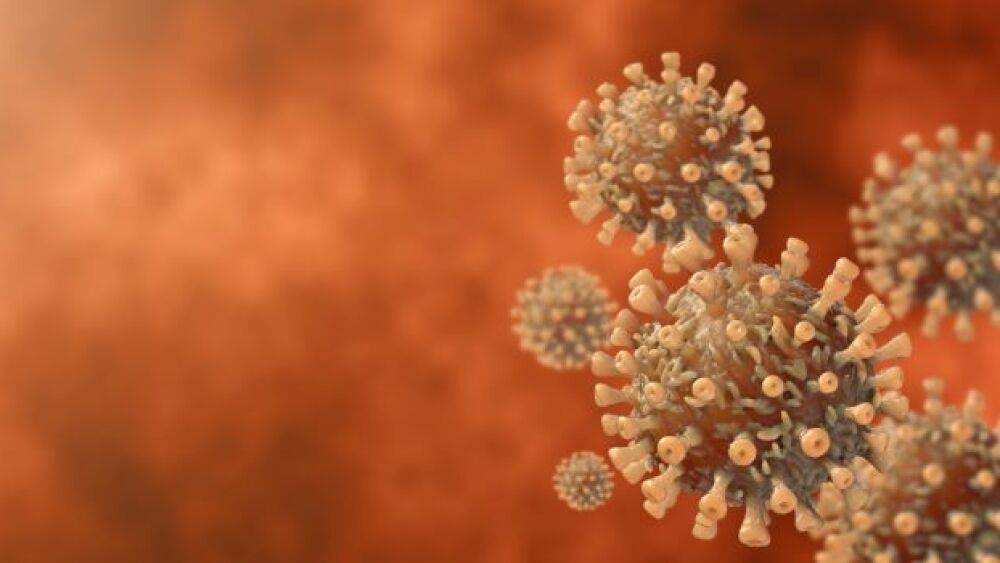According to an interview with Soumya Swaminathan, the WHO’s chief scientist, the new investigational COVID-19 vaccines rely on alternative technologies and systems of delivery. Some include oral and nasal administration, while others use skin patches.
Top research scientists said better vaccines for coronavirus disease 2019 (COVID-19) may soon be on the way by the end of 2021. Between six and eight new COVID-19 vaccines may enter regulatory review by the end of this year, the scientists said, and some of these vaccines don’t require needles and can also be stored at room temperature.
The features of these new inoculations provide advantages over some of the currently authorized COVID-19 vaccines, particularly in terms of the logistics required to transport large quantities of the product across long distances.
Vaccines that require extremely cold temperatures for storage make transport more challenging, for instance, but an authorized vaccine that doesn’t have these restrictions could mean lower costs associated with its widescale distribution.
According to a Bloomberg News interview with Soumya Swaminathan, the World Health Organization’s (WHO) chief scientist, the new investigational COVID-19 vaccines rely on alternative technologies and systems of delivery. Some include oral and nasal administration, while others use skin patches.
These delivery methods may be more acceptable among those who can’t face the jab and may also be better suited for pregnant women, among other groups.
The needle-free vaccines are just a few of the promising candidates among more than 80 that are currently being studied. Bloomberg reports that some of the vaccine candidates under investigation are just in the early stages of development and may fail.
A total of 122 out of 195 countries across the globe have initiated a COVID-19 vaccine program, and drugmakers with authorized COVID-19 vaccines continue to scramble to fulfill governmental orders for their inoculations.
“We’re thrilled with the vaccines that we have,” according to Swaminathan in an interview with Bloomberg. “We can improve further,” she said. “I think, well into 2022, we’re going to see the emergence of improved vaccines.”
Manufacturers of authorized COVID-19 vaccines are also working on improving their shots to provide protection against emerging variants of the novel coronavirus.
Moderna has started to evaluate its booster for its COVID-19 vaccine mRNA-1273, which was designed to combat the B.1.351 South African variant. Earlier this month, a study reported in the New England Journal of Medicine suggested that the Pfizer COVID-19 vaccine alone was effective against the Brazilian variant.
Pfizer-BioNTech has also initiated a trial to evaluate a COVID-19 booster for emerging variants.
These studies came soon after the U.S. Food and Drug Administration released booster shot guidance for vaccine makers in the chance that the agency will need to approve these boosters against SARS-CoV-2 variants.
Currently, the WHO is reviewing data from survivors of COVID-19 to see if they only require one vaccine shot, which could theoretically make more vaccines available for the public.
The WHO is also in the process of comparing three or four vaccine candidates against placebo. “We are in discussions now with several companies with vaccines in development to see if we could launch something like this on a global trial platform,” said Swaminathan in the previously published Bloomberg interview.
Swaminathan added that a global trial that includes a wide range of patient demographics is necessary for COVID-19 vaccines, as it provides several advantages. She noted that investigating the efficacy and safety of COVID-19 vaccines in a diverse group of ethnicities, age groups and people with different diseases and medical conditions could improve the generalizability of the results.





